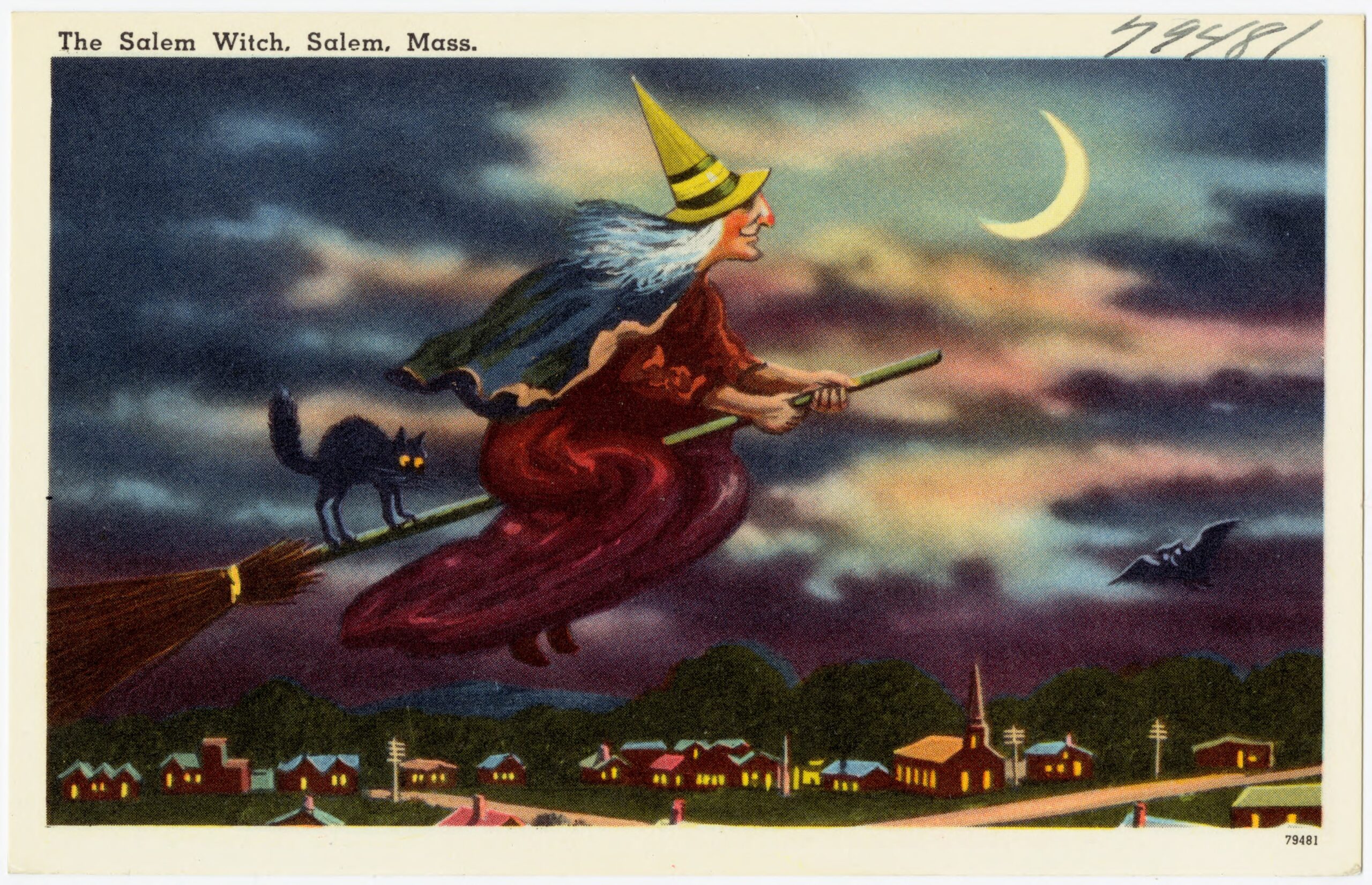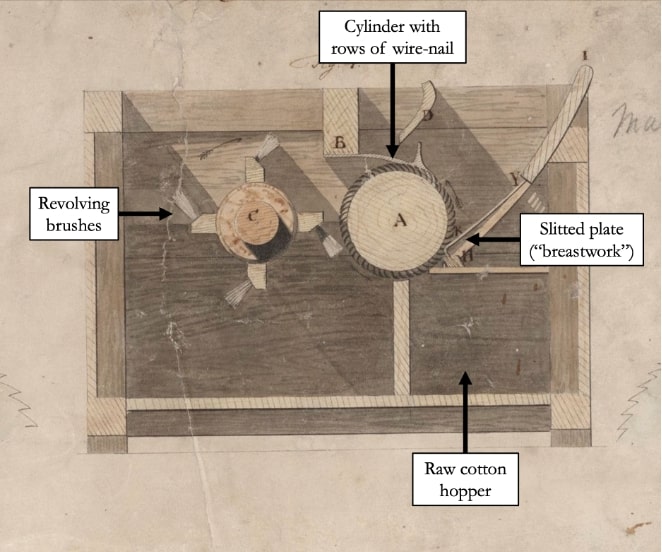A Historical Turn for the Better, or Worse?
Scholars of early America have a complicated relationship with historical movies and television shows. While popular dramas with mass audiences have the potential to kindle wide interest in a historical period, Hollywood history productions are often glaringly inaccurate, presenting a glamorized and heavily distorted version of crucial periods such as the Civil War and the American Revolution.
Of course, not all historical dramas are created equal. At one end of the spectrum are unabashed historical fantasies like Sleepy Hollow and Abraham Lincoln: Vampire Hunter; productions with no expectation of being taken as serious history by anyone. At the opposite end are conscientiously produced “docudramas” like HBO’s John Adams that stay palpably close to the historical record.
Most historical dramas fall somewhere in the middle of those two extremes, including AMC’s recent television series Turn: Washington’s Spies.
Historical fiction, for better or worse, can play a huge role in shaping popular historical memory.
Turn, which revolves around British and colonial spycraft during the Revolutionary War, was aggressively promoted as a meticulously researched show before its premiere in April 2014. Advertisements described it as “the true story of America’s first spy ring.” But as Season 1 unfolded, viewers discovered that Turn placed as low a priority on staying true to documented facts as most other historical dramas. It quickly became a prime target in the perennial debate over the importance of accuracy in historical film.
Last February, before the debut of Turn‘s second season, a group of the show’s writers, producers, and cast members assembled before a large crowd at the College of William and Mary for a discussion (viewable in its entirety here) of the differences between academic history and historical drama. There, they argued that the altered history portrayed in Turn represented an “authenticity” and even a form of “truth” that transcended factual accuracy.
Do the virtues of inaccurate historical films outweigh their vices? How much weight should accuracy have in our evaluation of historical film? Most importantly, are there historical narrative truths that supersede factual accuracy?
Historical fiction, for better or worse, can play a huge role in shaping popular historical memory, and early American scholars ought to help frame the discussions surrounding shows like Turn. In this double review, historian Cole Jones and social studies education professor Jeremy Stoddard weigh in on this new turn in historical interpretation.
This article originally appeared in issue 15.3.5 (July, 2015).
Rachel L. Smith, founder of the Turn to a Historian blog, works for the Office of the Connecticut State Historian at the University of Connecticut; as a historical consultant; and as an administrative editor for Commonplace.



















